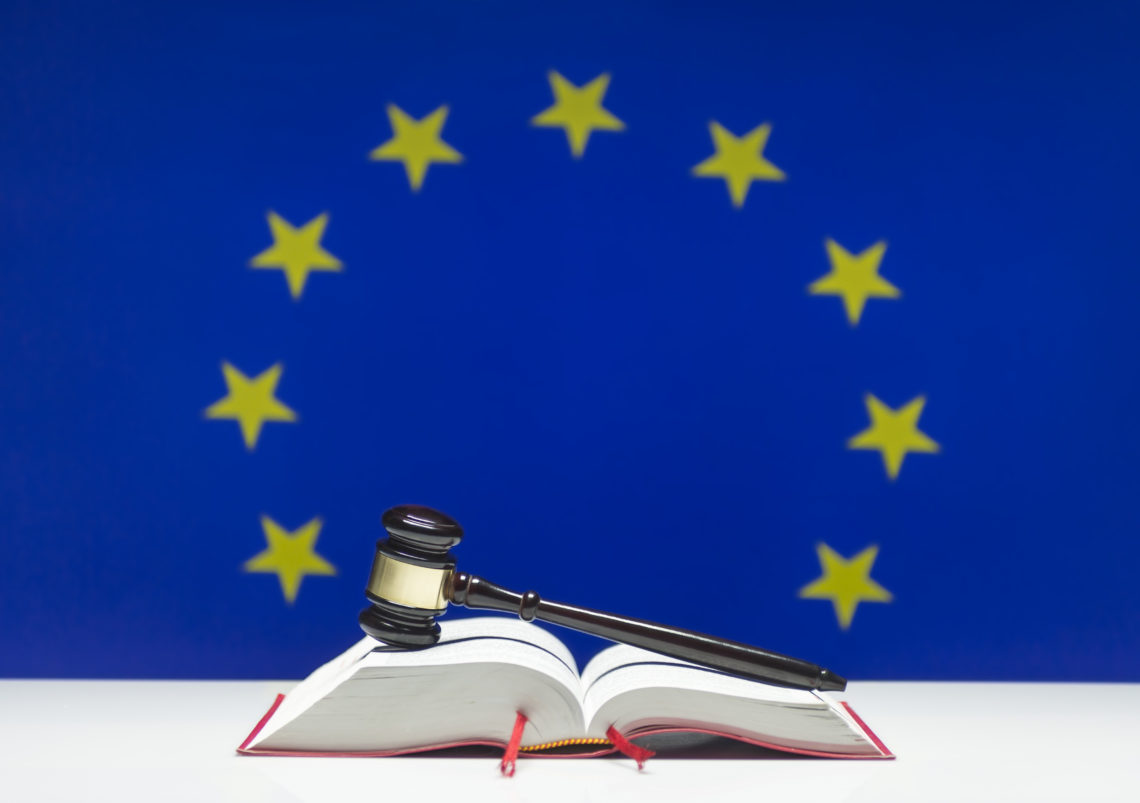
Editorial | Volume 20 Issue 06
Volume 20 No. 6
Dear readers,
We are back after a wonderful summer break – and hope you enjoyed yours. And we are back with a bang! The latest issue of the German Law Journal is a very exciting special issue dedicated to the emerging concept of the ‘essence of rights’ in EU fundamental right law.
In the decade that has passed since the EU Charter of Fundamental Rights acquired primary law status, a rich doctrine and jurisprudence has developed with the Charter as its focus. The Charter reflects the EU’s increasingly sophisticated fundamental rights mandate and machinery while the EU continues to grapple with pluralistic approaches to fundamental rights nationally and internationally. In achieving this compromise between the universality of EU fundamental rights and the diversity of approaches to such rights in the Member States and international instruments, the ‘general provisions’ of the Charter – setting out its scope and limits – have taken centre-stage. Often overlooked however is the concept of the ‘essence’ of EU Charter rights, enshrined in Article 52(1).
This special issue, edited by Mark Dawson, Orla Lynskey and Elise Muir , is therefore dedicated to the ‘essence of rights’ as a developing concept in European law. It considers the utility of ‘essence’ in accommodating the constitutionalist and pluralist strands of EU fundamental rights, and queries its contribution to existing EU law concepts. Building on the contributions to a Conference in May 2018, co-hosted by the KU Leuven, the LSE and the Hertie School of Governance, this issue explores the concept of ‘essence’ at a theoretical and comparative level, as well as across different fields of EU law. In their introduction, the editors query what added value the increasing prominence of ‘essence’ in EU fundamental rights law plays. Introducing the compilation of contributions, and inviting readers to delve deeper, they explore the functions of the concept and methods for its derivation, outline some enduring difficulties and reflect on its future role in EU law.
Koen Lenaerts elaborates on his vision of the concept of ‘essence’, understood as granting absolute protection to the core of rights, and explains how to view existing CJEU case in light of this vision. The contrasting views of Takis Tridimas and Giulia Gentile follow. They highlight the limits of an absolute understanding of ‘essence’, while emphasizing that the concept may contribute to a ‘constitutional posture’ thus serving as an ‘element of constitutional identity’.
The next set of contributions investigate how ‘essence’ is being used in specific substantive branches of EU law. Elise Muir points to the inconsistency in the Court’s use of the concept in the equal treatment context. She recalls that this right presupposes a balancing exercise, at odds with an absolute understanding of the concept of ‘essence’. Yet, she acknowledges the Court’s difficulty in consistently identifying limitations to the right in this field given the multiple expressions of the right in EU law. Martin Husovec traverses the CJEU’s case law on intellectual property to conclude that the notion of essence has been of little relevance in this area. Where it has been relevant, its application supports a relative rather than an absolute theory of essence. Maja Brkan looks to the rights to respect for private life and data protection for insights, as it was in the context of these rights that ‘essence’ analysis was first developed and subsequently fine-tuned. In elaborating on these insights, she proposes a generalized methodology to identify interferences with the essence of rights.
Kathleen Gutman, examines the essence of the fundamental right to an effective judicial remedy and to a fair trial in the CJEU case law. She highlights its increasing importance for the EU system of judicial protection, whether in the context of the Common Foreign and Security Policy or in the cases on the rule of law in EU Member States.
Reflecting on the concept beyond the EU legal order, Sébastien Van Drooghenbroeck and Cecilia Rizcallah search for the essence of rights in the ECHR. In so doing, they observe that while the concept has been invoked frequently, its definition and functionality remain elusive. They seek to identify the later through a close examination of ECHR jurisprudence. Pierre Thielbörger identifies distinct conceptions of ‘essence’ in international law: a first distinction depends on whether a right is a civil-political right or a socio-economic right, while a second distinction is between essence at the macro-level and the micro-level.
What emerges from this issue is that while there is not yet a coherent approach to deriving and understanding the essence of rights across the fundamental rights the EU protects, the concept plays an increasingly significant role in demarcating the boundaries between the EU’s legal and political orders, and between overlapping sites of legal authority. Recent developments – such as the rule of law ‘crises’ – are likely to further amplify the importance of ‘essence’ to EU law practice and scholarship.
We would like to thank the guest editors for their great work in assembling this special issue, which is likely to become the starting point for many academic ventures in search of essence!
——————————————–
We have some more exciting news from the HQ of the German Law Journal. In light of our long-standing commitment to strengthen the links between the academic communities of Europe and North America, we are proud to announce that we have expanded our editorial board. We are very happy to welcome some of the most exciting scholars in the US and Canada, working in an impressive range of different areas to our board. A warm welcome to Blake Emerson, Claudia E. Haupt, Heidi Matthews, Derek McKee, Fernanda Nicola and Vanessa Cassado Pérez.
As always, we wish you happy reading,
For the Editors-in-Chief,
Floris de Witte






